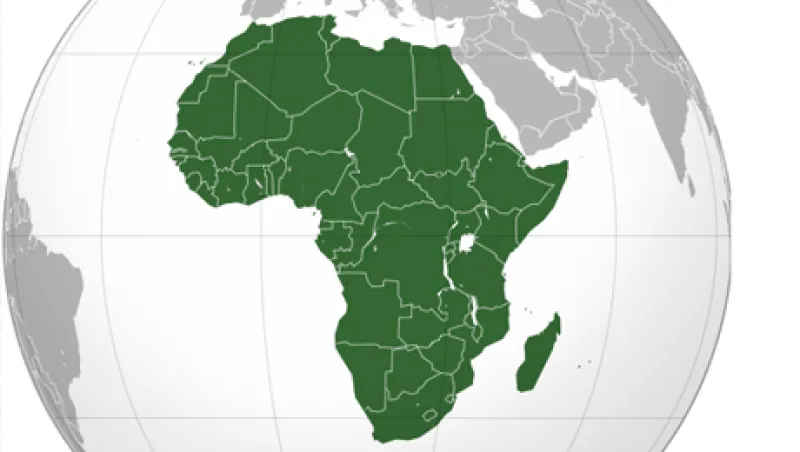
Africa Will Soon Be the Global Leader in SWFs
I’m off to Africa next week for Institutional Investors Government Funds Roundtable in Capetown. I’m happy to be heading to the continent that will soon boast the most SWFs in the world.
Ashby Monk
February 28, 2013


